
As News Media Work To Connect With Citizens Anew, TV Can Play A Big Part


Emily Barr
How can we ensure the health and vitality of our communities? While there are many different ways to support what makes any society function, providing access to information is an essential element of democracy.
Without a steady and reliable flow of local news, most communities suffer, be it from rising taxes, diminished social services or corruption brought on by greed, desperation and the proverbial “more for me, less for you” attitude that spreads like wildfire when we forget we are all in this together. If “a rising tide lifts all boats,” then surely, we need to remind ourselves that taking on too much water could be the death knell for us all.
Much has been studied and written about the alarming decline of local news coverage, especially among legacy newspapers. According to a recent study by Northwestern University, in 2023 alone, an average of two-and-a-half newspapers closed each week compared to two per week in 2022. Many were the last remaining weeklies in their markets creating news deserts with no reliable source of information for the people living there.
Local television and radio stations, especially those situated in smaller markets, have made some noble efforts to pick up the slack, but the nature of broadcasting limits what one or two stations might be able to cover in often geographically complex regions. Television and radio stations are not immune from a challenging economy and the tendency to cut staff has made it harder than ever for broadcast journalists to research and uncover some of the more pressing stories in their respective markets. When it comes to local journalism, no medium is immune from potential extinction.
So, what to do? Across the country in communities large and small, efforts are underway to try to reverse this decline and get individuals within communities reconnected. Despite the challenges, individuals, foundations and local business leaders are attempting to reinvigorate and reinvent local media. Some have created digital start-ups or podcasts. In some cases, they have leaned on the institutional knowledge of writers and reporters formerly employed by legacy media. Others, with no formal journalism training at all, are attempting to rewrite the ending to what might otherwise be called an American tragedy.
Mississippi Today, a seven-year-old digital nonprofit news organization with a mix of funding from local and national foundations, subscribers and advertising revenue, has doggedly been uncovering corruption in state politics. Earlier this year, it was awarded a Pulitzer for its thorough investigation into a state welfare scandal. Beyond its daily coverage, it has also realized that connecting with Mississippians in person is part and parcel to serving its community, and the organization regularly hosts free events encouraging dialogue, discussion and connection. Good for them. Who knew that in 2023, the concept of live events would be back in vogue?
Along with renewed and revitalized local news coverage, in-person, open forums may be the key to reigniting our sense of community. Today, any gathering can easily be recorded and made available online for anyone to watch. A few hundred individuals may make the effort to attend in person, but thousands could be engaged on-line. And that is where local television could step up and provide an enormous shot in the arm to communities.
The entire two-hour discussion surrounding clean drinking water does not need to be broadcast in prime time, but it could air on a station’s website and/or a digital subchannel. Stations could certainly stream events on their FAST channels or YouTube. They could — and should — consider collaborating with local digital start-ups or struggling newspapers if the resulting story helps uncover corruption, hold elected officials accountable and generally makes the community safer. And guess what broadcast television knows how to do really well? Live television.
Stations could and should participate in podcasts that tend to reach younger individuals who may never watch broadcast television but who might be willing to download an app if they believed the station had their interests at heart.
And before you ask, “who is going to pay for this?” remember that plenty of local advertisers and small businesses might be willing to engage with broadcasters if it could mean reaching potential buyers of their products. Study after study confirms that local broadcasting is still the most trusted source of news for many Americans. Why not enhance that bond by partnering with the larger local media community struggling to be heard? If we are going to stem the tidal wave of misinformation that is already slamming into us, we need to act now.
In short, we need to regularly and authentically connect to one another and perhaps this simple act of engagement will help us chart a path forward that could lead to a safer, more informed citizenry. One that values its diversity, interconnectedness and common challenges would be something beautiful to see.
Emily Barr is the retired CEO of Graham Media Group and is currently serving on the board of The Maine Monitor, an independent, nonpartisan investigative and explanatory journalism digital outlet focusing on public interest issues that impact Maine.





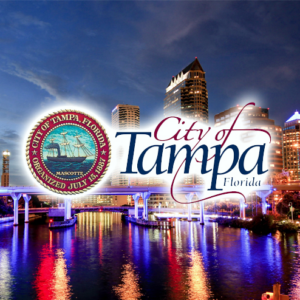

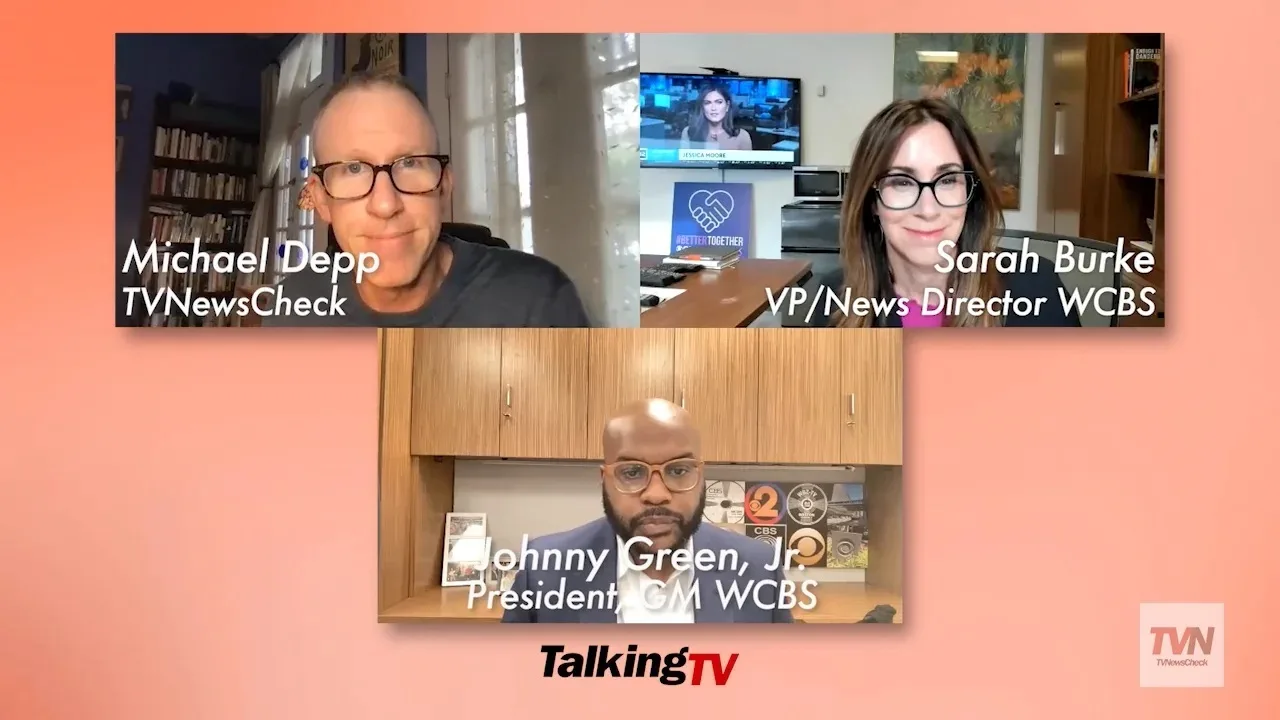
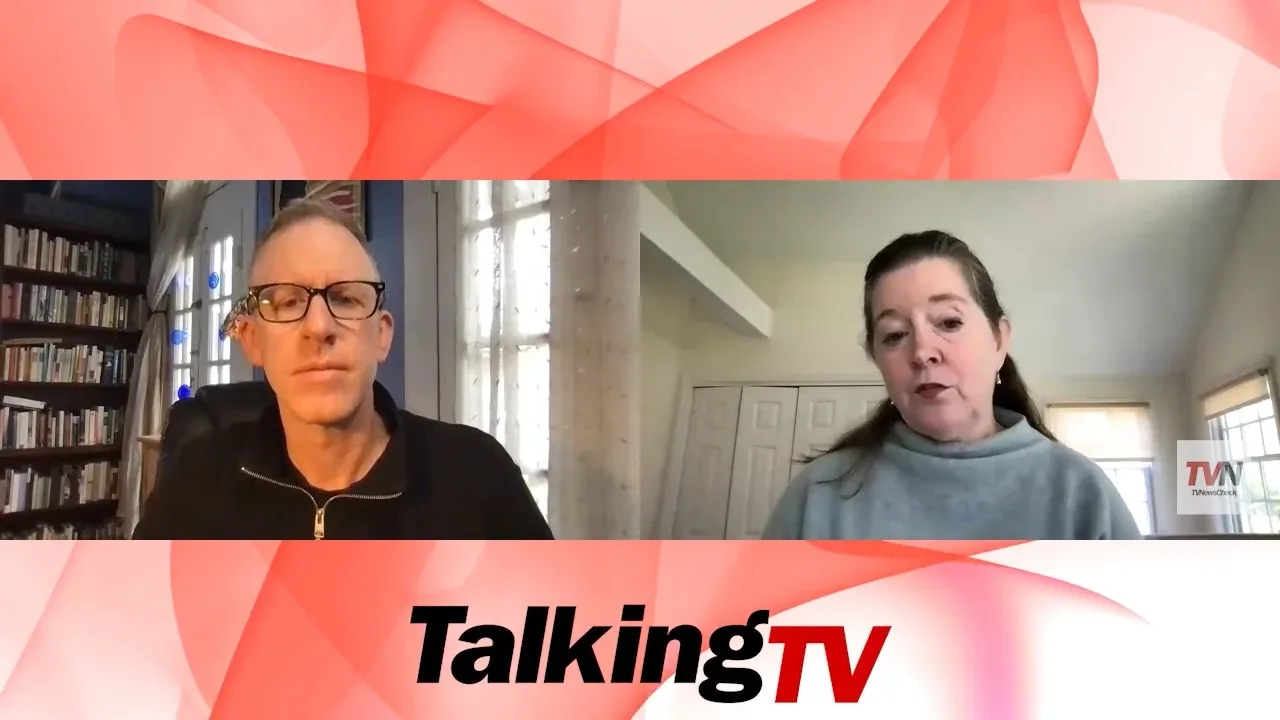

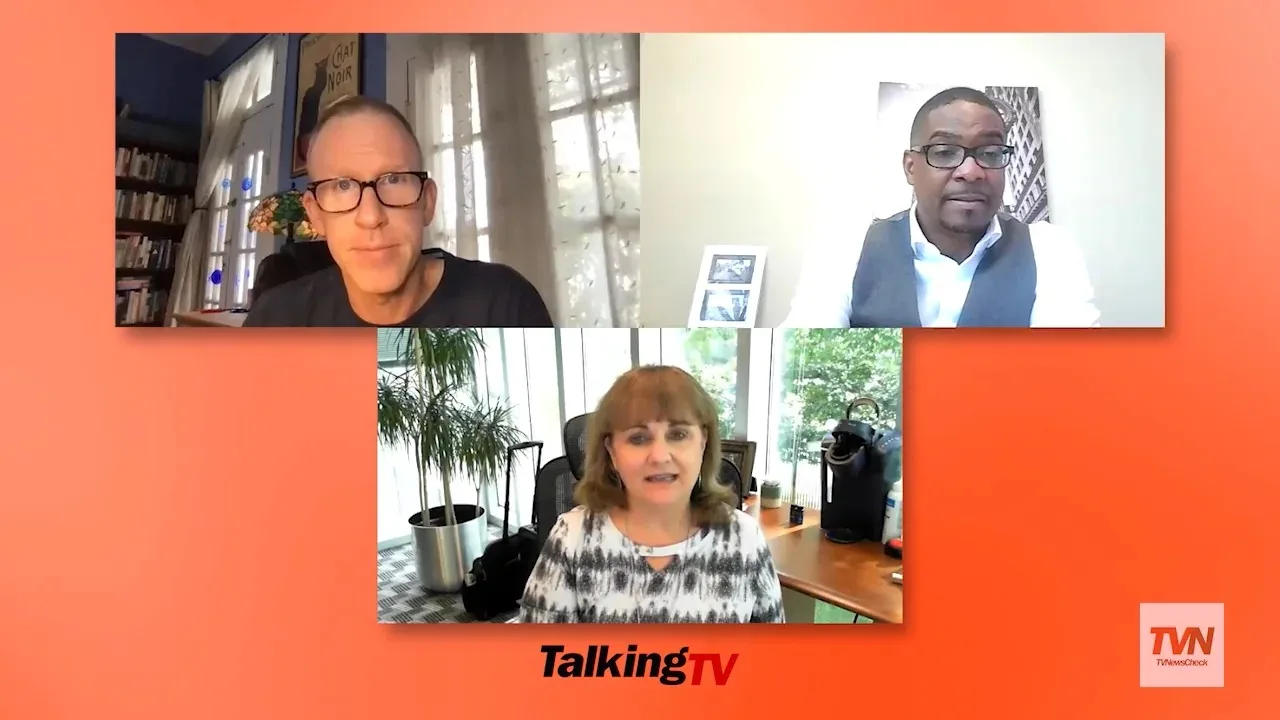
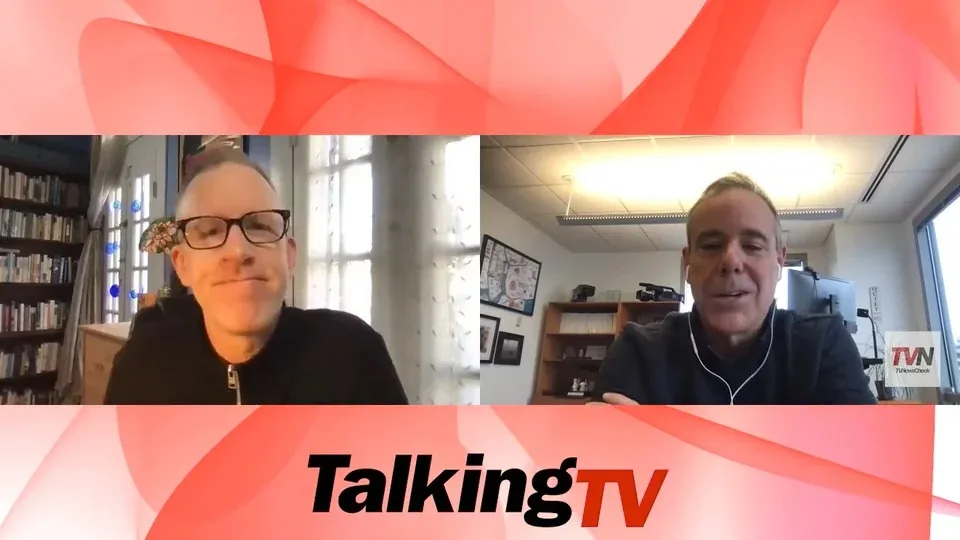

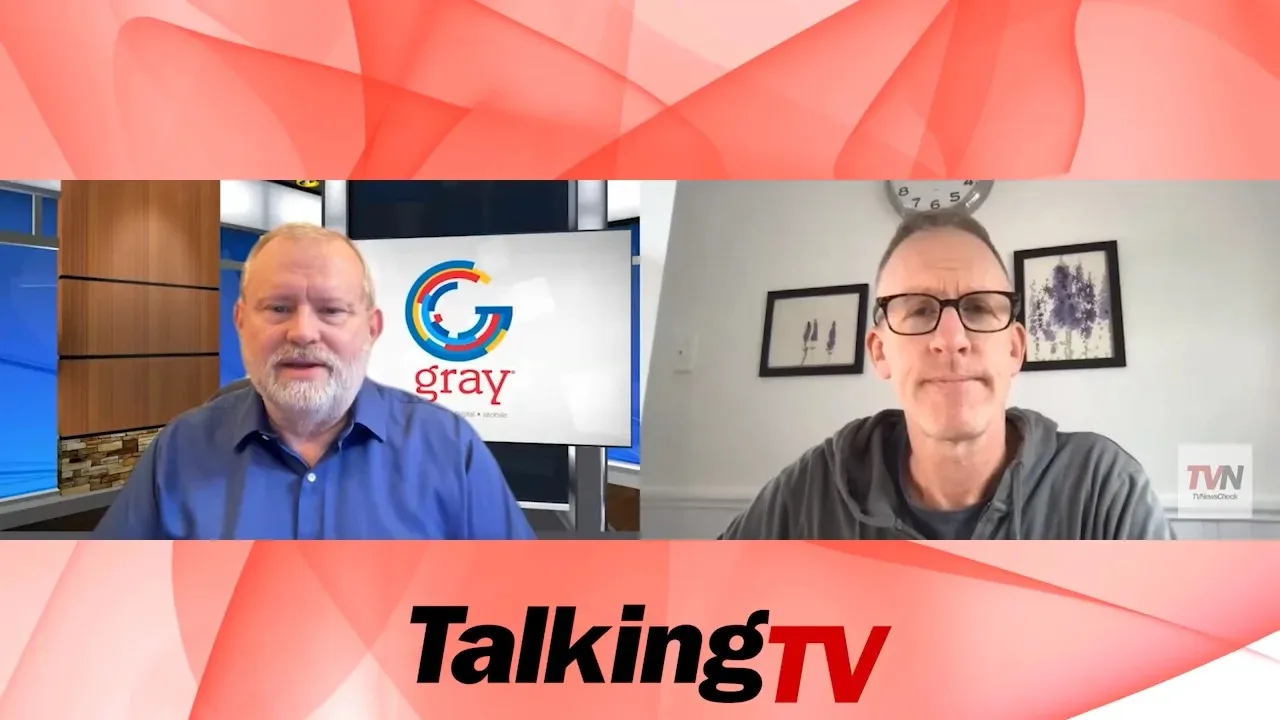








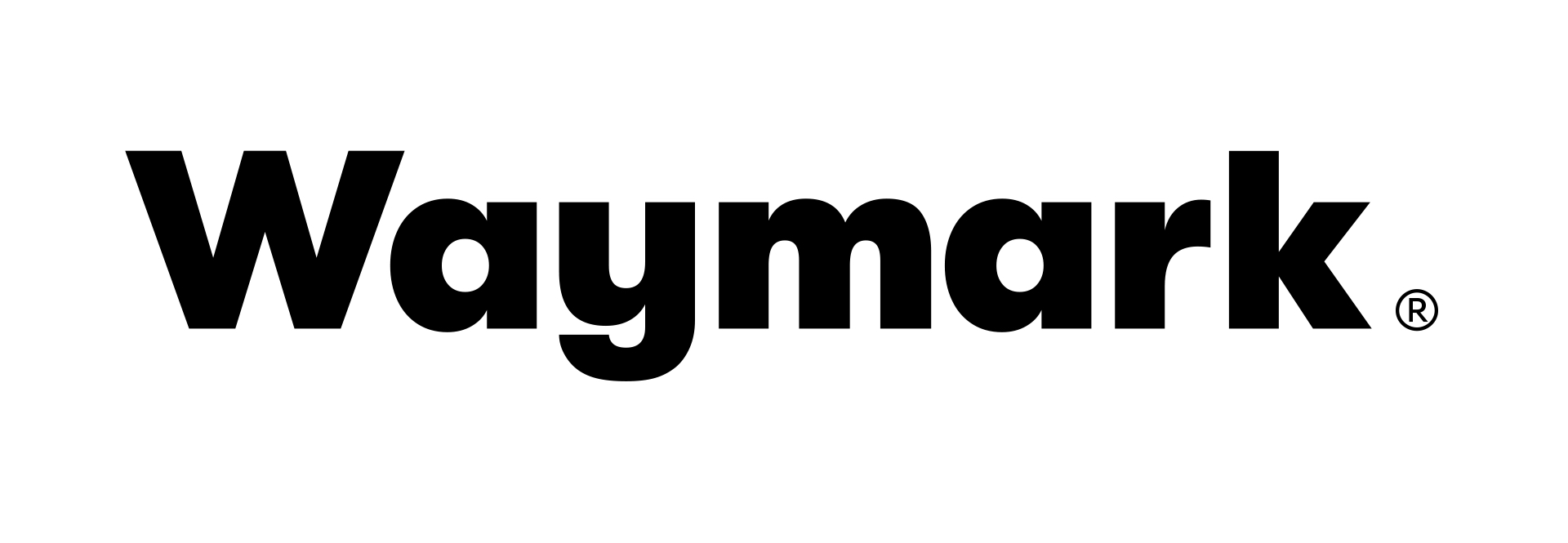








Comments (1)
BeyondTheBeltway says:
December 11, 2023 at 1:56 pm
Stop blaming the customers for not liking an inferior product.
Holding a broadcast license doesn’t give anyone better insight in to the truth then anyone else.
Today there are plenty of involved citizens who regularly attend school board and city council meetings and then post to social media, websites and email blasts. The power has shifted from corporate media gatekeepers back to the people. So now the best the declining legacy media can do is to denigrate their competition, the citizens who post differing opinions?
I am sure when newspapers and radio replaced the town crier many thought it was the end of “truth” as well. No, it was the end of the information gatekeeper’s monopoly.
TV news won’t be fixed by a government bailout that inevitably would turn local TV news in to NPR. It will be fixed (if at all) when licensees start to respect those who have differing opinions and give their opinions fair airtime. Sadly, even that won’t be enough. Technology has created a sea change. The golden age of local TV news is in the rear view mirror. If they really want to try to fix it, start with a little humility and respect for the other guy’s differing opinion.